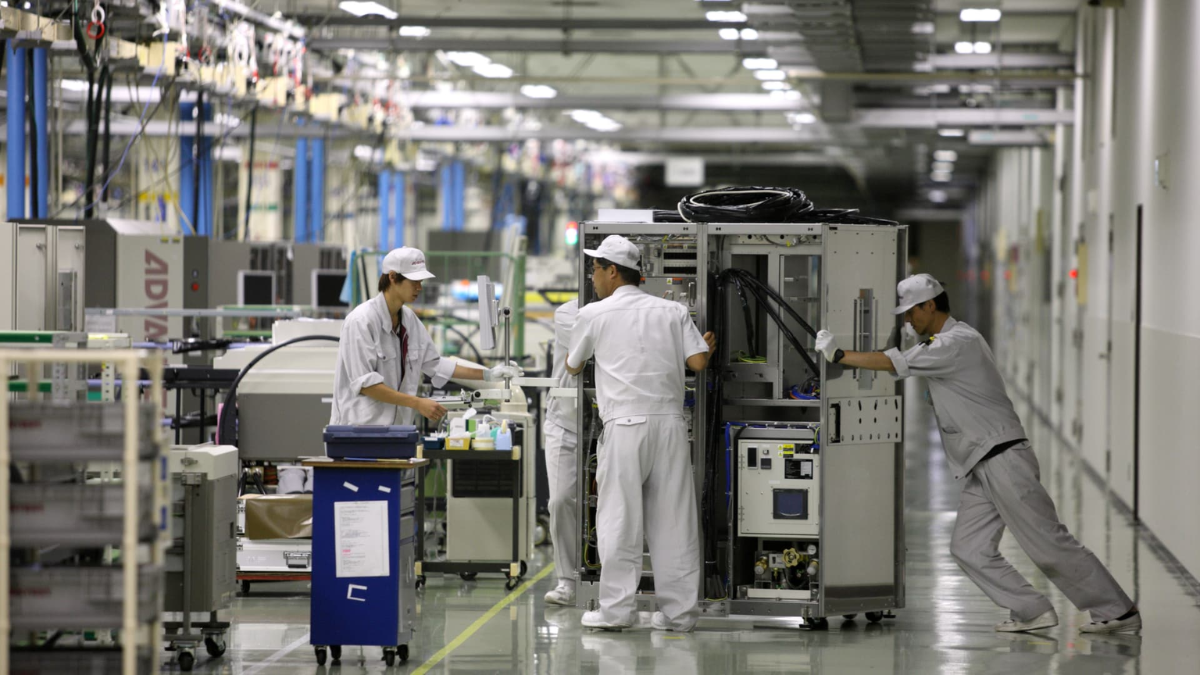Japan has announced new foreign trade regulations targeting the chipmaking equipment sector, a strategic move to secure stable supply chains and protect national security. The regulations, overseen by Japan’s Ministry of Finance, require foreign investors to provide prior notice when conducting direct investments in companies that manufacture semiconductor equipment or advanced electronic components.
This policy change comes as Japan aims to fortify its semiconductor industry amid growing global competition and geopolitical tensions, particularly with China. The new measures place chipmaking equipment manufacturers on the country’s list of “core business sectors,” which highlights their critical role in the economy and national security. Foreign entities must now file notifications before acquiring 1% or more of the voting rights in listed companies or before investing in unlisted companies in the sector.
Japan’s semiconductor industry, once dominant in the 1980s, has been gradually rebuilding its influence. Although it no longer leads the global market like Taiwan’s TSMC or South Korea’s Samsung, Japan remains a significant player in providing materials and machinery essential to chip production. Companies such as Tokyo Electron and Shin-Etsu Chemical hold a strong market share in semiconductor manufacturing equipment and materials, making Japan a vital link in the global supply chain.
This regulatory move is seen as part of a broader effort to align with the United States in restricting the flow of advanced chipmaking technologies to China, which both nations fear could be diverted for military purposes. Washington has been pressuring Tokyo to tighten controls on exports to China, and Japan’s latest policy echoes this sentiment.
Japan’s new regulations could spur domestic innovation and help the country regain its competitive edge in the global semiconductor industry. The introduction of these regulations represents Japan’s commitment to maintaining a robust and secure technological infrastructure.

